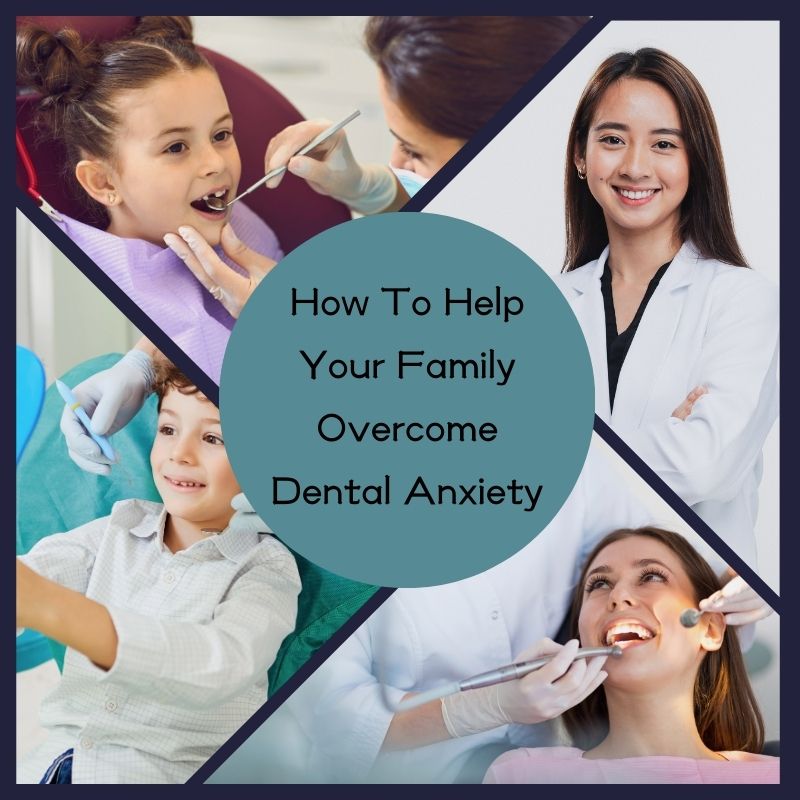Does the thought of sitting in a dentist’s chair make your heart race? If so, you’re not alone. Dental anxiety is incredibly common, especially among kids, and it can range from mild unease to full-blown fear. The good news is that you or your child don’t have to live with this stress. There are practical, easy-to-follow strategies to help you or them feel more at ease about your next dental visit.
Understanding Dental Anxiety
Before we dive into the solutions, let’s take a moment to understand what dental anxiety is. It’s more than just being “a little nervous.” For many, it’s a real fear triggered by past experiences, a fear of pain, or even the sounds and smells of the dental office. Recognizing your feelings is the first step. Have you ever thought about what makes you anxious? Pinpointing the cause can help you tackle it head-on.

Why Addressing Dental Anxiety Matters
Skipping the dentist might feel like an easy solution, but it’s a short-term fix that can lead to long-term problems. Avoiding regular check-ups can allow minor issues to grow into painful and expensive problems. Plus, dental health is closely linked to overall health. Poor oral hygiene has been connected to heart disease, diabetes, and more. So, finding ways to manage your anxiety is essential—not just for your teeth but for your well-being.
5 Tips to Manage Dental Anxiety
1. Talk to Your Dentist
Did you know that most dentists are trained to help patients who feel anxious? Being open about your feelings with your Tacoma dentist can make a huge difference. When you schedule your appointment, let the office staff know you’re nervous. Many dental practices are happy to adjust their approach, offering extra breaks or explaining procedures in detail so there are no surprises.

2. Bring a Friend
Sometimes, having a supportive friend or family member by your side can make all the difference. Ask someone you trust to come along for moral support. They don’t have to be in the room during your treatment, but just knowing they’re close can help you feel more grounded.
3. Distract Yourself or Your Child
Keeping your mind occupied can be a great way to manage stress. Many dental offices offer options like TVs or music to help patients relax. If these aren’t available, bring your own entertainment! Load up a playlist with your favorite songs or download a podcast to focus on something enjoyable instead of what’s happening around you.
4. Practice Relaxation Techniques
Deep breathing is a powerful tool. Before and during your appointment, try taking slow, deep breaths in through your nose and out through your mouth. It can lower your heart rate and help you feel calmer. If meditation or visualization works for you, use it to imagine yourself in a peaceful setting—anything that helps you stay relaxed.

5. Consider Sedation Options
For those with severe anxiety, sedation dentistry can be a game-changer. Options range from mild sedatives to help you relax to general anesthesia for more involved procedures. Talk to your dentist about what might be right for you. They can guide you through the pros and cons of each option to ensure your comfort.
Small Steps to Build Confidence
You don’t have to go from anxious to fearless overnight. Start small! If it’s been a while since your last visit, schedule a consultation rather than a full treatment. Use this appointment to meet the dentist, ask questions, and ease into the environment. Building trust over time can make future visits far less intimidating.
Creating a Comfortable Routine
Another way to reduce anxiety is to make dental visits a normal part of your routine. The more you go, the more familiar it becomes, and that familiarity can reduce fear. Think of it like building a habit—something that feels awkward or uncomfortable at first can become second nature over time. Plus, when you go regularly, you’re less likely to need major procedures, which can be a big stress reliever.

The Power of a Positive Mindset
Your mindset plays a significant role in how you experience dental care. Instead of focusing on what might go wrong, think about the benefits of maintaining a healthy smile. A clean, pain-free mouth not only feels great but can boost your confidence in social and professional settings. Remind yourself why you’re doing this—your health and happiness are worth it.
Finding the Right Dentist
Sometimes, anxiety stems from feeling like you don’t click with your dentist, or he is not the right choice for children. If this is the case, it’s okay to look for someone new. Find a dentist who makes you feel heard, respected, and comfortable. Many practices specialize in working with anxious patients, and reviews from other patients can help you find the right fit.
Moving Forward with Confidence
Overcoming dental anxiety isn’t about eliminating fear completely—it’s about managing it so you can prioritize your family’s health without dread. By taking small steps, finding the right support, and using tools to keep calm, you can turn your dental visits into something manageable, maybe even routine.





Be the first to reply